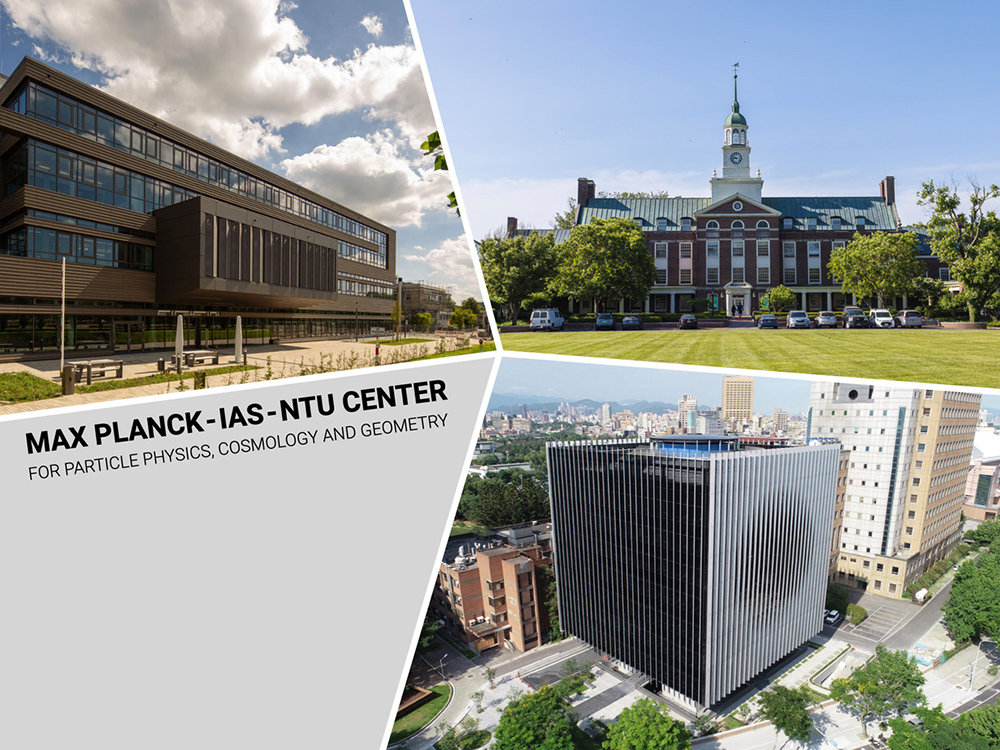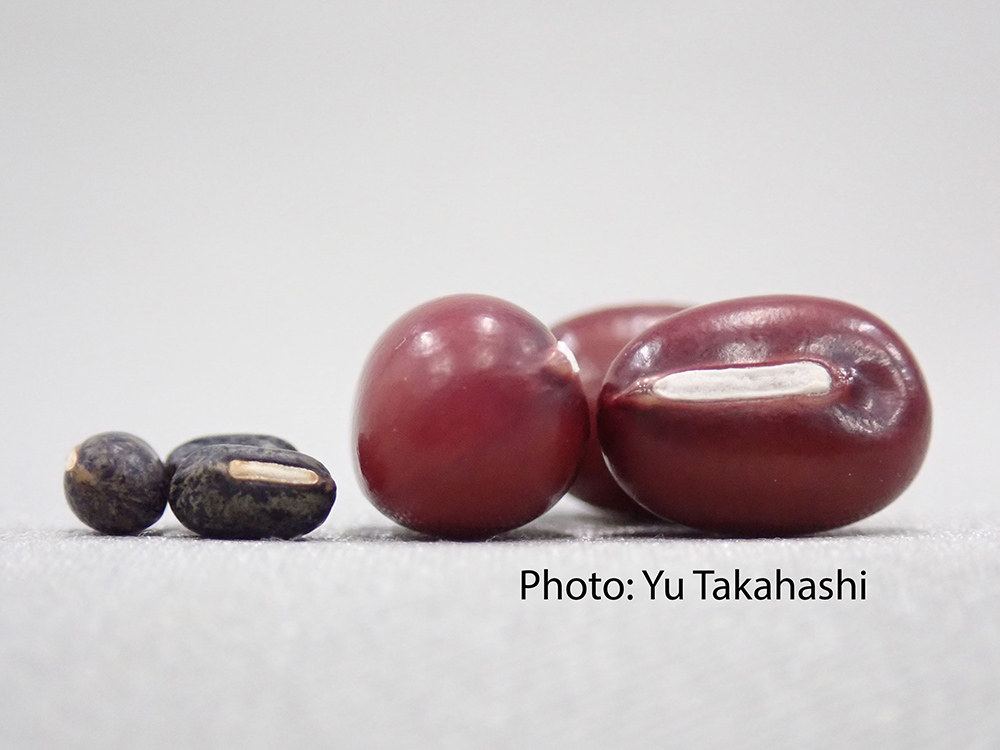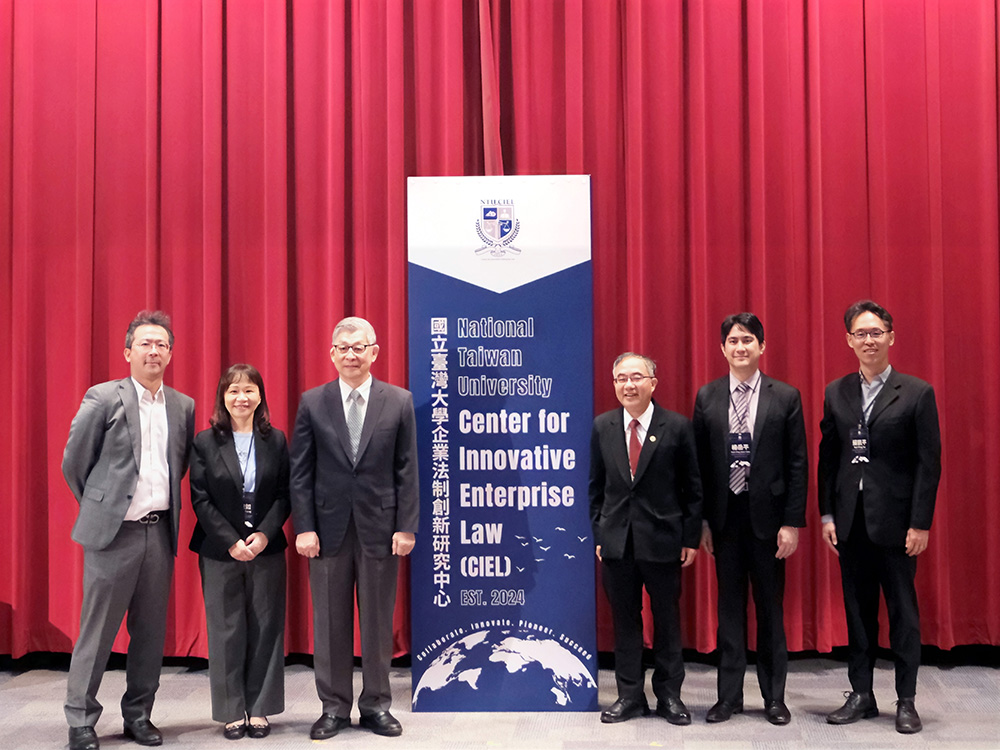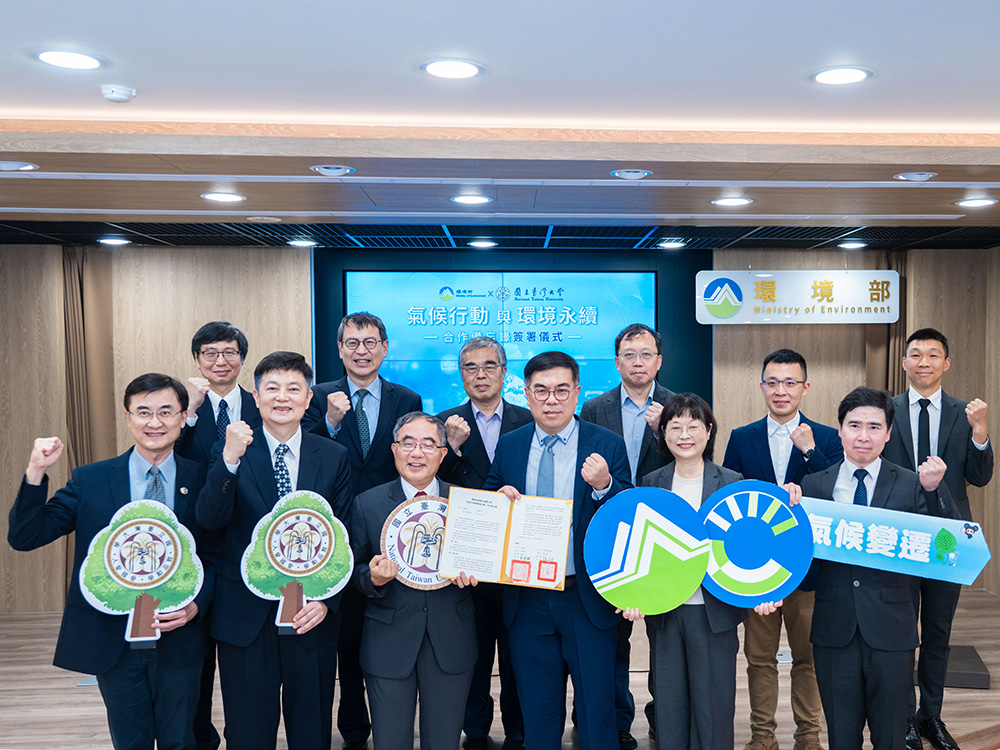
A new milestone for science at NTU: The inauguration of the Max Planck-IAS-NTU Center
瀏覽器版本過舊,或未開啟 javascript
請更新瀏覽器或啟用 javascript
Spotlights
Dr. Eugene Chien (left) and President Chung-Ming Kuan (right) sign a letter of intent to promote sustainable development.
Group photo (from left): NTU’s Office Institutional Research and Social Responsibility Deputy Director Ching-Pin Tung (童慶斌), Director Bou-Wen Lin (林博文), EVP Ching-Hua Lo (羅清華), EVP Chiapei Chou (周家蓓), President Kuan, TAISE Chairman Dr. Chien, CEO Young Ku (顧洋), Academic Review Committee Director Pen-Chi Chiang (蔣本基), committee member Prof. Tsai-Chi Kuao (郭財吉), and Deputy Secretary-General Jackie Pin-Chih Wang (王彬墀).
President Kuan (left) and Dr. Chien (right) exchange gifts.
Dr. Chien (left) and President Kuan (right) meet at NTU.
NTU President Chung-Ming Kuan (管中閔) signed the “Letter of Intent on Sustainable Development Cooperation” with Dr. Eugene Chien (簡又新), Chairman of the Taiwan Institute for Sustainable Energy (TAISE). Finalized in March 2020, the initiative is aimed to promote sustainability in the context of higher education, tying the university’s social responsibility to the goal of sustainable development. Not only does it allow sustainable development to take root in education, it creates room for industrial development as well as social progress.
People have raised the bar for higher education in recent years, expecting university faculty members and students to give back to the society with their expertise while taking advantage of social resources. They have been called on to step out of their bubble and focus on public issues, such as local community culture, industrial innovation, and sustainable development.
NTU has been dedicated to the education, research, and practice of university social responsibility (USR). The Office of Institutional Research and Social Responsibility was set up in the second half of 2019 to integrate the university’s strategies and actions, systematically developing the blueprint for sustainable development. To further empower society, NTU has outlined a vision of “propelling into the future by practicing sustainability” and set this goal as a milestone for the university’s 100th anniversary in 2028.
As a world-class university, NTU has spared no effort in realizing the United Nation’s 17 sustainable development goals (SDGs) from the vantage point of academia. To counter the threat posed by climate change to the global ecological environment and sustainable economic development, NTU proposes four strategies in the iNTU sustainability blueprint, namely, innovation development, nurturing students, talent recruitment, and united globalization. It is the university’s sincerest hope to offer comprehensive solutions and thereby fulfill its USR by integrating both internal and external resources across different disciplines.
NTU has made significant achievements in the field of USR. The results of the 2020 CommonWealth University Citizen (USR) Rankings were published in April, with NTU taking the first place among public universities in Taiwan. NTU’s social involvement has been put in the spotlight during the COVID-19 pandemic, with Executive Vice President Shan-Chwen Chang (張上淳) playing the vital role of the convener of the advisory specialist panel of the Central Epidemic Command Center (CECC), as well as the rent reduction program proposed to the establishments on campus. These initiatives will undoubtedly benefit society while contributing to the university’s own sustainable development.
This article is also featured in No. 78 of NTU Highlights (June 2020).

A new milestone for science at NTU: The inauguration of the Max Planck-IAS-NTU Center

A Distinguished Global Research Center Established at NTU under Trilateral Cooperation

Collaborative study between NTU and Japan uncovers the origin of Adzuki Beans and agriculture in Japan

NTU Launches Center for Innovation in Enterprise Law—with Forum Highlighting Trump’s Policy and Legal Shifts Amid Geopolitical Tensions

NTU and Ministry of Environment Sign MOU to Advance Net-Zero Transition and Environmental Resilience
Current Spotlights